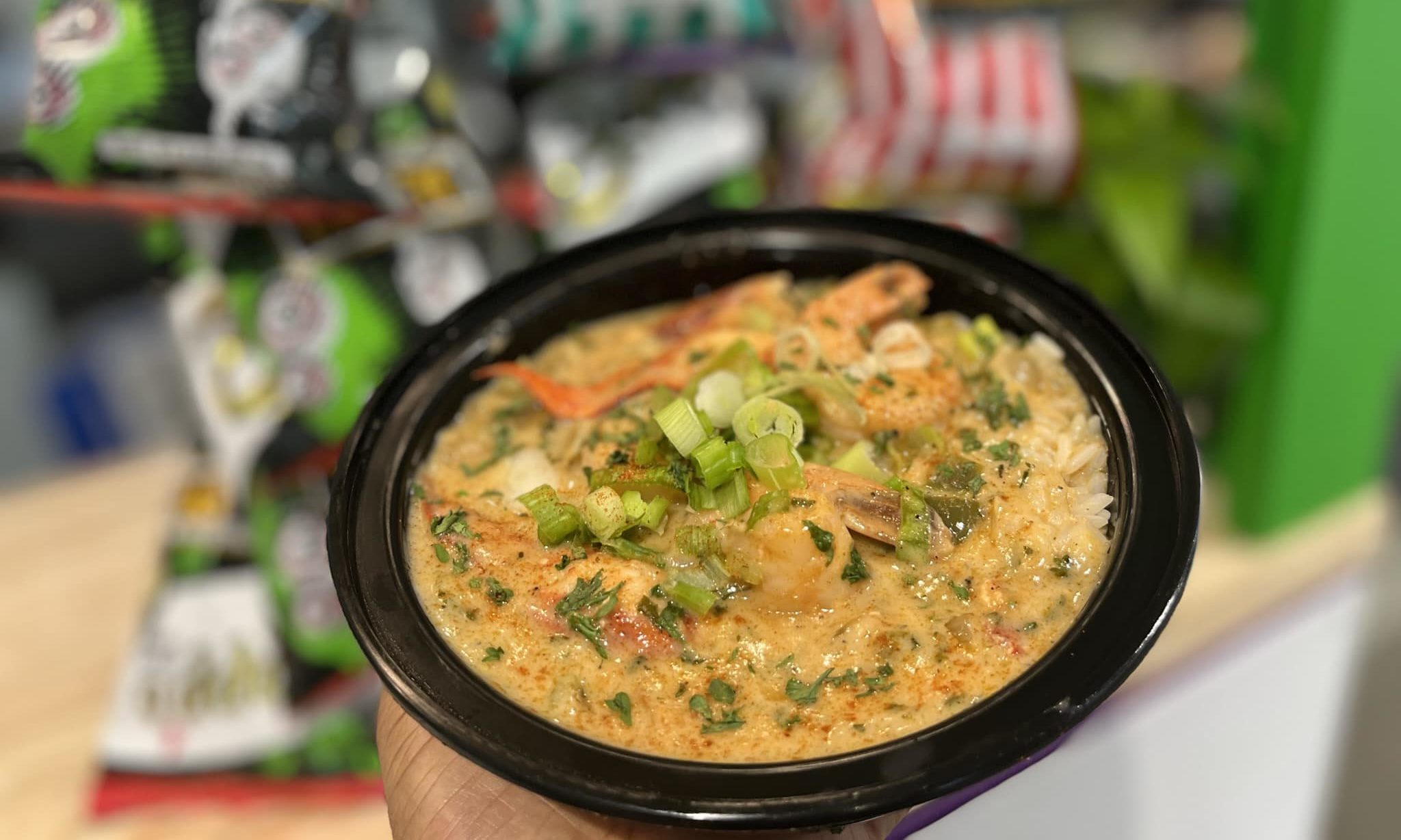In a world where culinary trends come and go, one name stands out for its deep roots in tradition and its ability to evolve with the times: Chef Creole. From the vibrant streets of New Orleans to the heart of Louisiana’s cultural heritage, the essence of Creole cuisine is alive and well, thanks to chefs like Eric Cook and Nina Compton. These culinary icons are not just cooking—they’re preserving history, celebrating diversity, and bringing people together through food.
This article delves into the world of Chef Creole, exploring both traditional and modern interpretations of Creole cuisine, highlighting key figures, and uncovering the stories behind the dishes that define this unique culinary landscape.
The Legacy of Chef Creole
At the heart of Creole cuisine lies a rich tapestry of cultural influences—African, French, Spanish, and Indigenous—that have shaped the flavors and techniques passed down through generations. One of the most prominent voices in this movement is Eric Cook, owner of New Orleans’ Gris-Gris and Saint John, and author of Modern Creole: A Taste of New Orleans Culture and Cuisine.
Born and raised in Arabi, Louisiana, Eric’s journey into the culinary world began early, influenced by the traditions of his large family. His cookbook, Modern Creole, is more than just a collection of recipes—it’s a celebration of the land, the people, and the stories that make Creole cuisine so special. With over 16 weeks of photography and meticulous attention to detail, the book captures the soul of Creole cooking, from the sweetness of Sticky Bun Bread Pudding to the bold spices of Yassa Shrimp.
A Fusion of Tradition and Innovation
What sets Chef Creole apart is their ability to blend time-honored techniques with contemporary flair. This is evident in the work of Nina Compton, a St. Lucian chef who has made a name for herself in New Orleans with her innovative take on Creole cuisine. Her cookbook, Kwéyòl / Creole: Recipes, Stories and Tings from a St. Lucian Chef’s Journey, explores the connections between Caribbean and Creole cultures, offering readers a glimpse into the diverse influences that shape the region’s food.
From the Island Pantry section, which introduces readers to ingredients like cassareep and green fig, to the Crescent City Connections, which highlights classic Creole dishes with a Caribbean twist, Nina’s work bridges continents and generations. Her Passion Fruit Punch and Coconut-Braised Collard Greens are just two examples of how she infuses familiar flavors with new life.
The Rise of Creole Cuisine in the Modern Era
While Creole cuisine has always been a staple of Southern American food, it has seen a resurgence in recent years, thanks in part to the efforts of chefs like Eric Cook and Nina Compton. Their work has brought Creole flavors to a wider audience, introducing them to home cooks and food lovers across the country.
One of the most exciting developments in this space is the opening of The Munch Factory, a Creole gem that has expanded its reach with a new location in Gentilly. Owned by Alexis and Jordan Ruiz, the restaurant has become a favorite among locals and celebrities alike, including Jay-Z and Beyoncé, who recently visited after a concert.
A Culinary Community Thrives
New Orleans is no stranger to culinary innovation, and the city continues to be a hub for Creole cuisine. From the bustling dining scene in the French Quarter to the cozy eateries in neighborhoods like Gentilly, there’s no shortage of places to experience the flavors of the South.
Local chefs are also using their platforms to advocate for sustainability and community engagement. Eric Cook, for example, uses his cookbook to raise awareness about environmental issues affecting Louisiana’s wetlands, while Nina Compton highlights the importance of supporting local fishermen and producers.
The Future of Chef Creole
As the demand for authentic, culturally rich food continues to grow, the future of Chef Creole looks bright. With chefs like Eric Cook and Nina Compton leading the way, Creole cuisine is not only surviving but thriving. Their work ensures that the traditions of the past are preserved while also embracing the possibilities of the future.
For those looking to explore Creole cuisine, there are countless opportunities to do so. Whether it’s through a visit to a local restaurant, a trip to a farmers market, or simply trying a new recipe at home, the flavors of Chef Creole are waiting to be discovered.
Conclusion
Chef Creole is more than just a culinary movement—it’s a celebration of culture, community, and tradition. Through the work of chefs like Eric Cook and Nina Compton, Creole cuisine continues to evolve, bringing people together through the universal language of food.
As we look to the future, one thing is clear: the flavors of Chef Creole will continue to inspire, delight, and connect us all.
Meta Title: US Trending News: Chef Creole’s Flavorful Legacy
Meta Description: Discover the rich traditions and modern twists of Chef Creole cuisine in this must-read guide to Creole food in the US.
Author Section
Author: Sarah Mitchell
Title/Role: Food Writer and Cultural Historian
Credentials: Sarah has written extensively on Southern cuisine and food culture, with a focus on the historical and social significance of regional dishes. She holds a degree in Journalism and has contributed to several publications, including Eater NOLA and Southern Living.
Profile Link: Sarah Mitchell Profile
Trusted Sources
Internal Links
- Exploring the History of Creole Cuisine
- Top Restaurants in New Orleans
- How to Cook Traditional Creole Dishes
Call to Action
Stay updated with the latest news and trends in US cuisine by following our blog and joining our community of food enthusiasts. Explore today’s headlines and discover the stories behind your favorite dishes.
URL Slug
/us-trending-news-chef-creole-flavors














More Stories
US Trending News: 50s Hairstyles: Classic Styles That Still Trend Today
67 Emote Clash Royale Emote: Complete List and Guide
US Trending News: Who is Abcd Daddy Yankee? Exploring the Artist’s Career and Influence